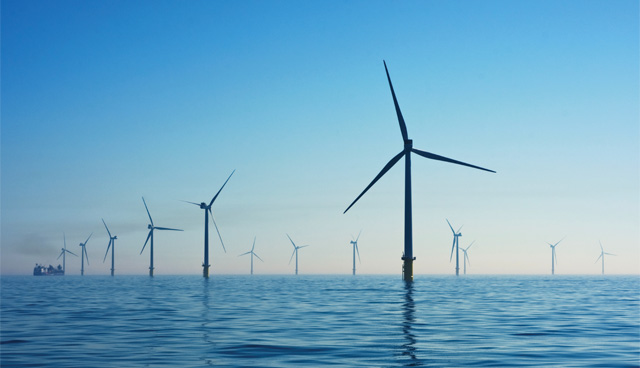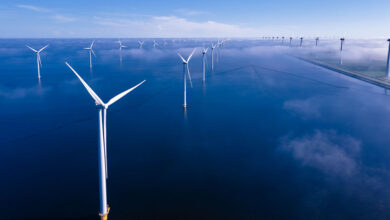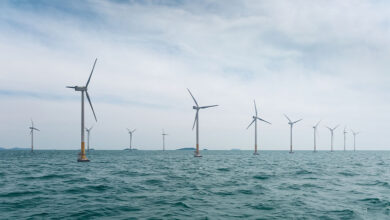Underpinning offshore: Marine Planning and Development Management Bill

The Government will establish an Office of Marine Development Enforcement as part of its forthcoming Bill, set to underpin sustainable offshore renewable energy resources.
The legal text of the Marine Planning and Development Management Bill is currently being finalised and is expected to be brought to the Oireachtas before the end of March 2021.
The Government approved the General Scheme of the Bill in December 2019, but policy development and issues identified in the drafting process have led to a number of changes being made to the State consent regime.
The changes have removed duplication of relevant procedures and legal text by combining the planning interest and maritime area consent procedures into a single process, which will be concluded prior to the submission of the development consent application.
Additionally, unlike what was originally envisaged in the scheme, the Maritime Area Consent provisions will enable flexibility to manage different maritime usages without the need for additional specific legal text.
Interestingly, the Government has recognised the requirement to “future proof” the Bill and allow for agility. By setting out certain details in schedules, such as assessment criteria, the Government believes it can enable easy amendment in response to emergent need and allow for the integration of other maritime usages into the consenting regime in future, given the current focus on offshore renewable energy projects, interconnectors, and telecommunications cables.
An Office of Marine Development Enforcement has been deemed necessary to undertake enforcement and compliance functions in respect of planning decisions for offshore development and Maritime Area Consents.
The Bill’s overall objective is to establish in law a single consent principle and to replace existing State and development consent regimes. The Bill is expected to underpin Ireland’s ambitious renewable energy targets by facilitating the development of offshore energy.
An increase in national carbon reduction ambitions includes a target of 70 per cent electricity from renewables by 2030, including the development of around 5GW of offshore renewable energy. The offshore portfolio is expected to accelerate as Ireland looks towards a target of net zero carbon by 2050. Following the first RESS auction in 2020, the first dedicated offshore auction has been scheduled for this year, with the Government expected to support generation of 2.5GW of power in the Irish Sea.
The Bill is designed to secure the objectives of the National Marine Planning Framework (NMPF), which provides the spatial and policy context for decisions about the maritime area. Described as the ‘sister document’ of the National Planning Framework (NPF), the Department aim to meet the EU Commission’s NMPF submission date of March 2021.
Marine Planning and Development Management Bill: Next steps
- develop new provisions to establish an Office of Marine Development Enforcement;
- finalise the legal text of the Bill;
- enactment of Bill following legislative process through the Oireachtas;
- develop necessary regulations;
- identify administrative enabling measures (such as agreements between state entities in how they engage with the system);
- develop Maritime Area Consent documents;
- produce operational procedures; and
- publish guidance material for applicants.





